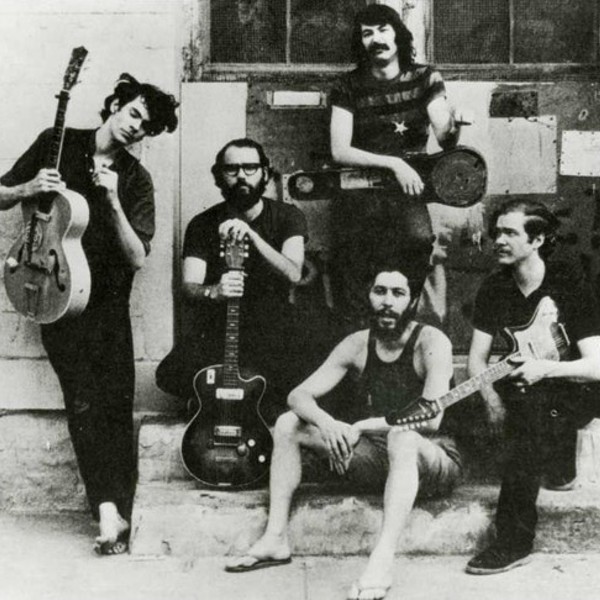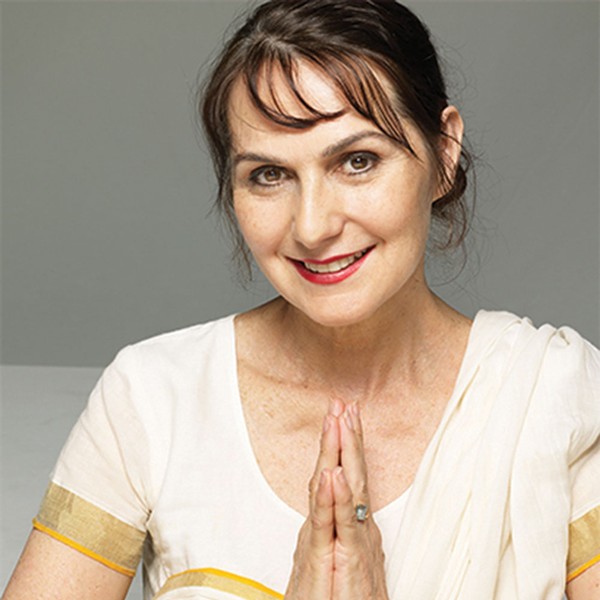My Red Blood
Alix Dobkin
Alyson Books, 2009, $16.95
When Alix Dobkin joined the Communist Party at 16, her leftist parents were not supportive. It was 1956—McCarthyism and the recent revelation of Stalin’s atrocities were causing Party membership to dwindle. Her father made the point that the CPUSA would cease to exist were it not being subsidized by dues-paying FBI agents. In the anxiety-suffused aftermath of the Rosenberg executions, the precocious teen, who recalled every thrilling detail of blacklisted entertainer Paul Robeson’s visit to her family’s apartment a decade earlier, decided that her parents had “devolved into liberals.”
In writing her memoir, My Red Blood, the Woodstock-based womyn’s music legend had an unusual fact-checking resource: a long FBI dossier tracking her high school activities and contacts. Having grown up under the government’s watchful eye, Dobkin says surveillance “enhanced and honed my own self-image.” The reader senses this strikingly nonparanoid take on Big Brother as germane not only to Dobkin’s personal evolution but also to her precise, introspective charting of it. Yearning for social justice and political expression, the honors student found the pep-rally world of public education stultifying. With radical peers who shared her love of Woody Guthrie tunes, she studied surplus labor value and explored the newer concept of male chauvinism. A member of the Party’s Youth Brigade, she raised funds for a Cold War jaunt to Moscow, and held her own with international comrades who asked tough questions, like: “Why does the CPUSA have so many intellectuals and so few workers?” Dobkin now recognizes a humorous side to this situation, yet her account nonetheless conveys that one could easily do worse than an orthodox Marxist curriculum.
Befitting her internationalist aspirations, Dobkin was an assiduous student of ethnic folk music. Self-accompanied on guitar, she sang a repertoire that spanned from Mexico to Macedonia, with some purely revolutionary numbers such as Bandera Rosa in the mix. The virtue of song as a unifying and galvanizing medium went undisputed among the circles she traveled in, and Dobkin had frequent opportunity to develop her chops. She brought an analytic turn of mind to her formative influences, probing the subtext of a Doris Day lyric, or parsing the wit in Anita O’Day’s phrasing. After graduating from the Tyler School of Art, she made her way to Greenwich Village and soon was performing on a bill with Tom Paxton and Bill Cosby. Bob Dylan suggested she cover “Don’t Think Twice, It’s All Right,” but she decided it wasn’t quite right for her.
Dobkin’s memoir is a valuable primary resource on a milieu that nurtured a mindboggling concentration of talent. She provides a glimpse of the backroom card game at The Gaslight, where e of Dylan’s typically poetic bets was “the number of times a hummingbird flaps its wings between Los Angeles and Indonesia.” With other musicians committed to change, she registered Mississippi voters in 1964, and helped to realize the truth in Civil Rights leader Bob Moses’ claim that singing was “the backbone and balm” of the freedom movement.
With the dawn of feminism, gender politics became crucial to Dobkin. In consciousness raising groups that yielded exhilarating critiques of the patriarchy, she found a comfort zone that paralleled the Party meetings of her youth: “The personal, we discovered, is truly political in the deepest sense.”
She documents her advances and trepidations on the lesbian front with characteristic candor. The same person who once warned a might-have-been lover that “it’s a sad, gray world,” would go on to pen the lesbian classic View from Gay Head—one of folk music’s great utopian anthems.
















